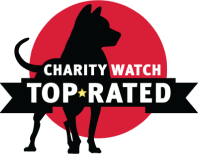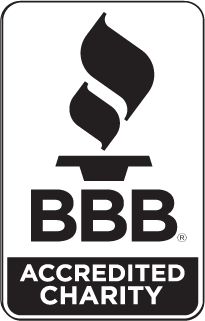We Are Project HOPE: Dr. Uche Ralph-Opara, Nigeria
Like many health challenges, HIV/AIDS impacts women disproportionately — especially in sub-Saharan Africa. Meet a team member at the heart of Project HOPE’s work to end the HIV/AIDS epidemic in Nigeria.
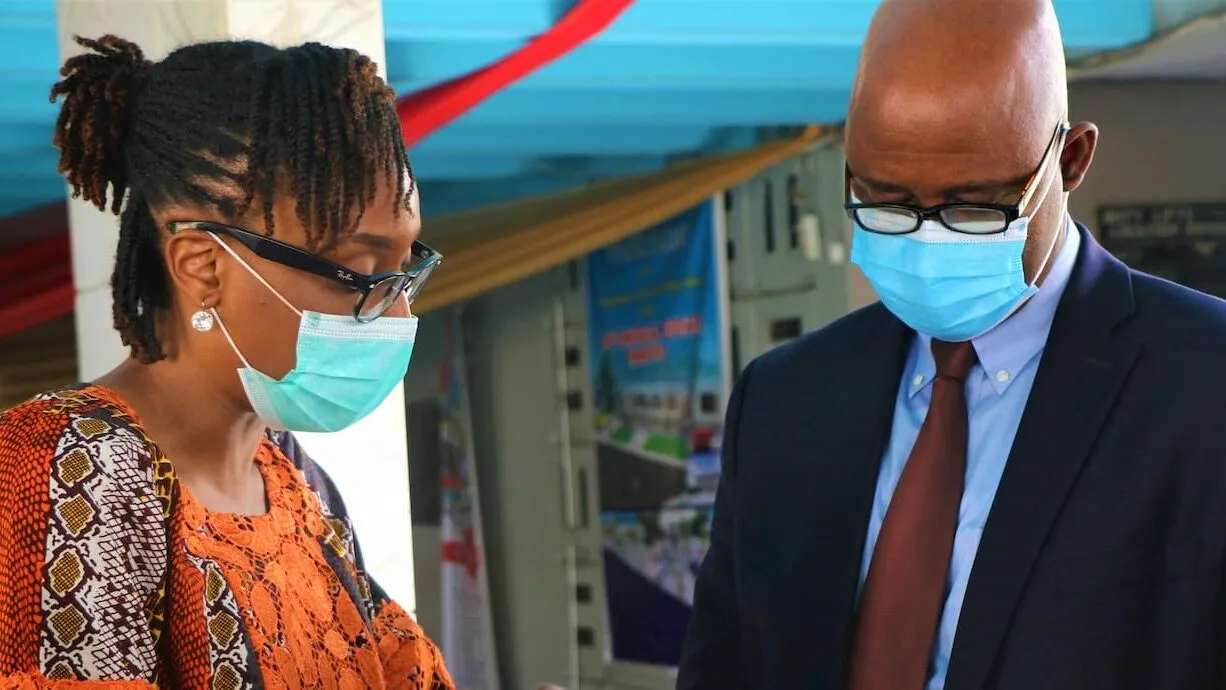
Despite steady progress, Nigeria still carries one of the world’s largest burdens of HIV/AIDS: Nearly 2 million people in Nigeria are living with HIV/AIDS, and about 45,000 people die from it every year. It’s an issue that affects women disproportionately around the world, but especially in sub-Saharan Africa.
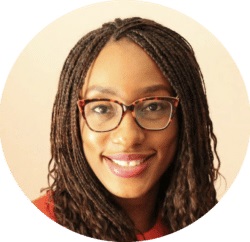
Project HOPE is working to end the HIV/AIDS epidemic by supporting improvements in systems that ensure access to better care and protection — especially for groups like orphans, vulnerable children, and their caregivers. Last year, Project HOPE’s HIV/AIDS programs reached over 400,000 people worldwide.
Dr. Uche Ralph-Opara is Project HOPE’s Country Representative in Nigeria and Senior Advisor for Systems Strengthening. Read on to learn more about why systemic inequities in global health persist, the greatest challenges of working during a pandemic, and the women who inspire her most.
What led you to want to work in global health and what is the most fulfilling part of your job?
I have a keen interest and passion for impacting the lives of women, adolescents, and children, especially in disadvantaged communities. The most fulfilling part of my job is the chance to make a difference — seeing the smiles on the faces of project beneficiaries who have been positively impacted by programs I have supported.
What do you want people to know about being a woman or woman of color in today’s landscape?
Being a woman should not be a disadvantage in today’s world. When given the opportunity, women can reach the peak of their careers, the highest levels of business, and empower other women along the way. Women can multitask and have the capacity to effectively manage their homes, work, and relationships. They can thrive and excel in any field so long as they have an enabling environment where there’s equity and equality.
Women are key players in the achievement of the Sustainable Development Goals and therefore need to be adequately supported and empowered at all levels to reach their maximum potential. No dream is unattainable being a woman, and women simply will no longer be boxed into unprogressive stereotypes.
In today’s landscape, lots of women are doing wonderful, impactful work across various sectors and reaching the pinnacle of their careers while still connecting with their femininity and freely expressing themselves however they like through fashion, make-up, and creative hairstyles. They embody the fullness of their power rather than how patriarchal standards demand them to be. In today’s landscape, women are simply limitless.
What is the most pressing issue facing women today in achieving equity?
There are multiple issues that need to be addressed simultaneously. The first is the patriarchal culture of society and the culture of “silence” ingrained in girls and young women from their formative years. This ties very closely to the economic inequalities women deal with as a result of poor access to education or work opportunities, which often deprive many women of earning an independent living.
A lack of adequate representation at all levels of decision-making and political influence is a major issue for women’s equity.
Women make up two-thirds of the world’s population that cannot read. We can see how this translates in higher education statistics, especially when we bring these numbers home to Africa. Besides having fewer job opportunities, women’s employment participation rate — as a result of the unpaid labor and long hours women spend as full-time, stay-at-home partners — is only about half of men’s employment rates. Available evidence suggests that if women’s unpaid housework were counted as productive output in national GDPs, global output would increase by up to 30%. This disparity in equitable access to opportunity will always be a stumbling block to equity across the world for women and needs to be addressed urgently.
In addition, a lack of adequate representation at all levels of decision-making and political influence is a major issue for women’s equity, which also needs to be addressed.
Why does women’s health matter?
While there is no doubt that globally, we’ve come a long way when it comes to health care, women are still more likely to put their health on the back burner in order to put others first. It is always important to remember that a healthy woman implies a healthy family, community, and nation. Today’s woman has household and workplace responsibilities and so needs to be in good physical, mental, social, and emotional health in order to function adequately.
There’s evidence that women experience unique health challenges and are more likely to be diagnosed with certain chronic conditions such as non-reproductive health issues like cardiovascular disease, cancer, mental illness, diabetes, and osteoporosis; in addition to the natural reproductive and sexual health needs women have and must prioritize.
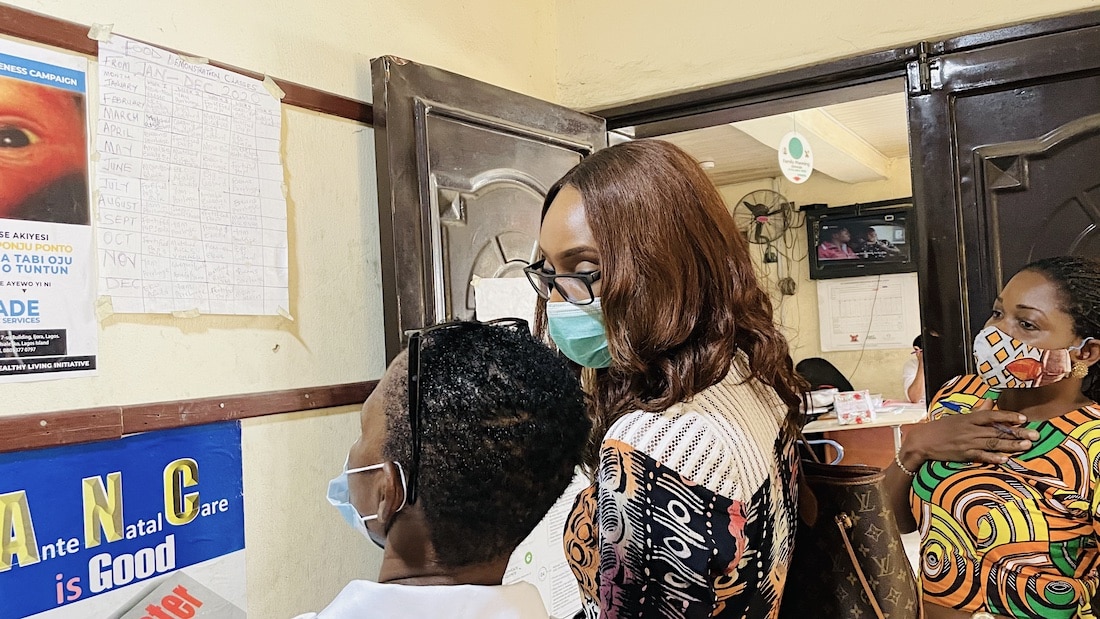
What has it been like working through a pandemic this past year?
It has been quite an experience! I’ve had to deal with all sorts of emotions: from the fear of the pandemic, to supporting four children in online school, to remote working and adjusting to a completely new normal. I have also been “baptized” afresh in my work as a health development professional — the pandemic has cemented my resolve to continue to do my best work. More than ever, the realities of the pandemic have shown the cracks and fragility of our global health systems and how these directly affect women, adolescents, and children disproportionately.
Is there a woman in your life, or in history, who inspires you?
This is a hard one, because I enjoy the benefits of the brilliance and ubiquitousness of women like Dr. Ngozi Okonjo Iweala and First Lady Michelle Obama, who have raised the bar (especially for women) and are making giant strides in global development. They are certainly women I hold in very high esteem and have the utmost respect, admiration, and regard for.
However, a woman I’d love to tell you about is my mother: Dr. Margaret Mezie-Okoye. She has inspired me since I was a young girl growing up in the city of Port Harcourt by going after her dreams and aspirations while running a family of five children and still being a brilliant medical doctor, public health specialist, nutritionist, researcher, and lecturer at the University of Port Harcourt, Nigeria.
She has over the years managed to juggle family, career, and her spiritual life so efficiently (of course with an enabling environment and a very strong support system: my dad!), making a tremendous impact in all her endeavors and giving me the hope that everything is truly possible if you put your mind to it and have the right support. She has remained my mentor and inspiration over the years and continues to spur me to be better.
Dr. Uche Ralph-Opara is currently Chief Health Officer for Project HOPE





